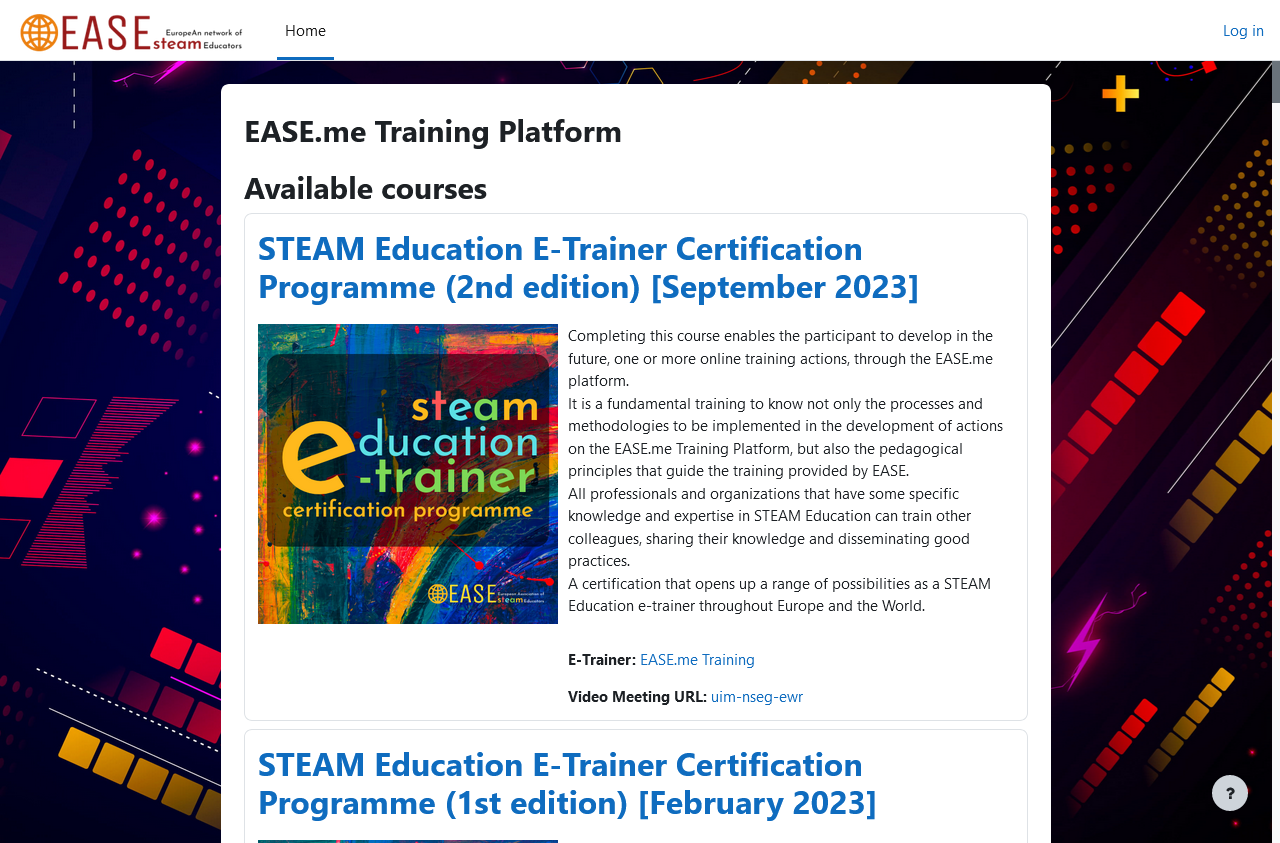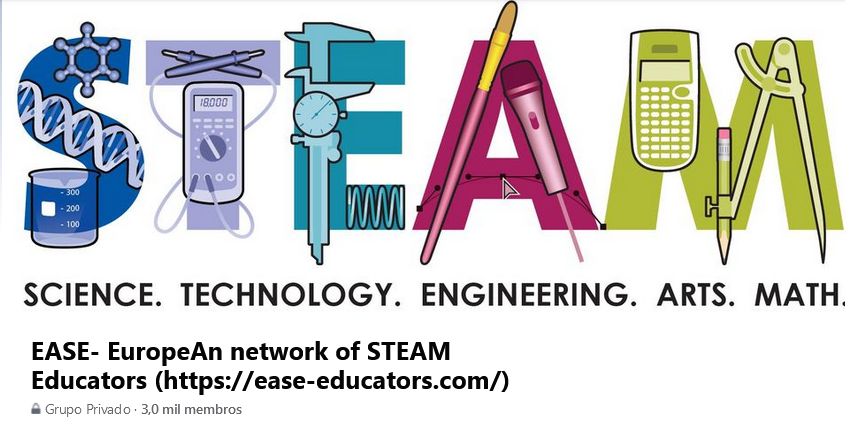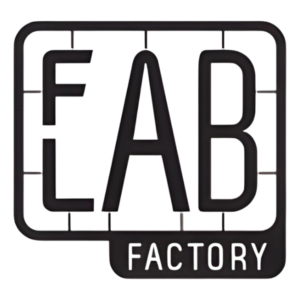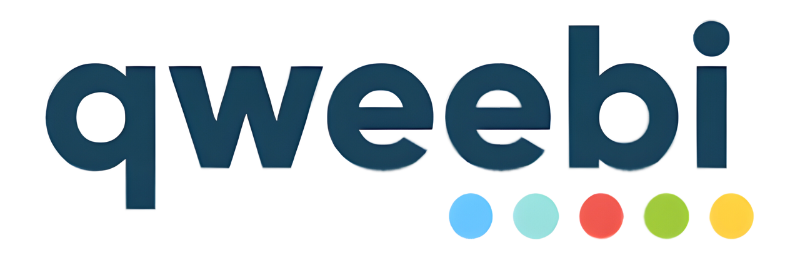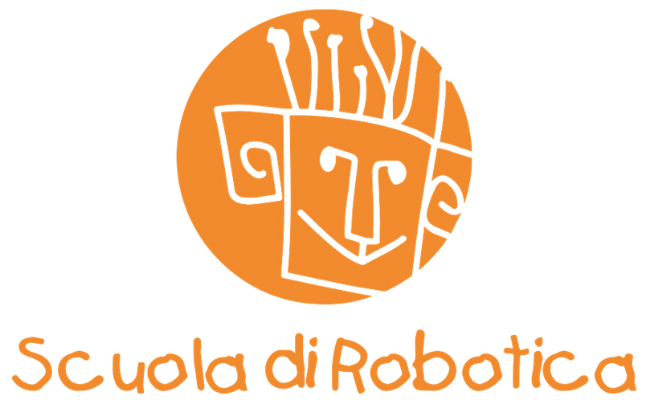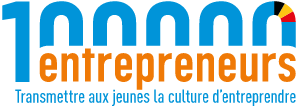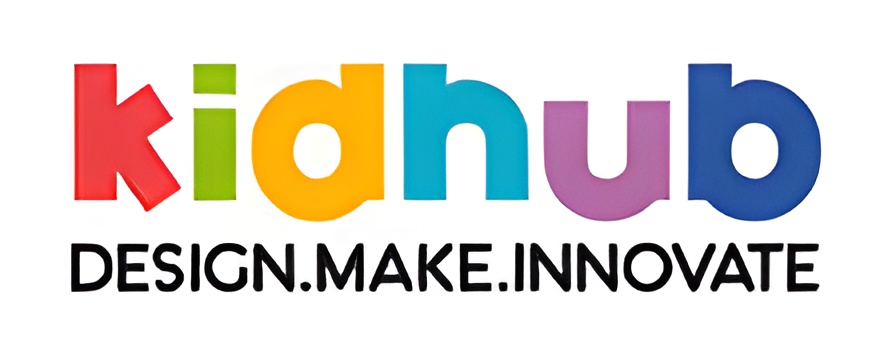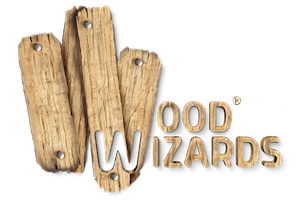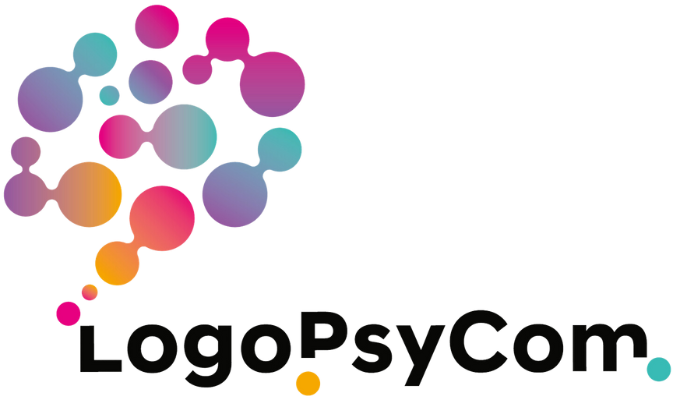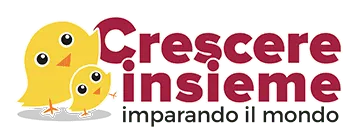EASE AI: just ask!
EASE members have free access to a more complete AI tool.
Click here!
Do you want to become an EASE member?
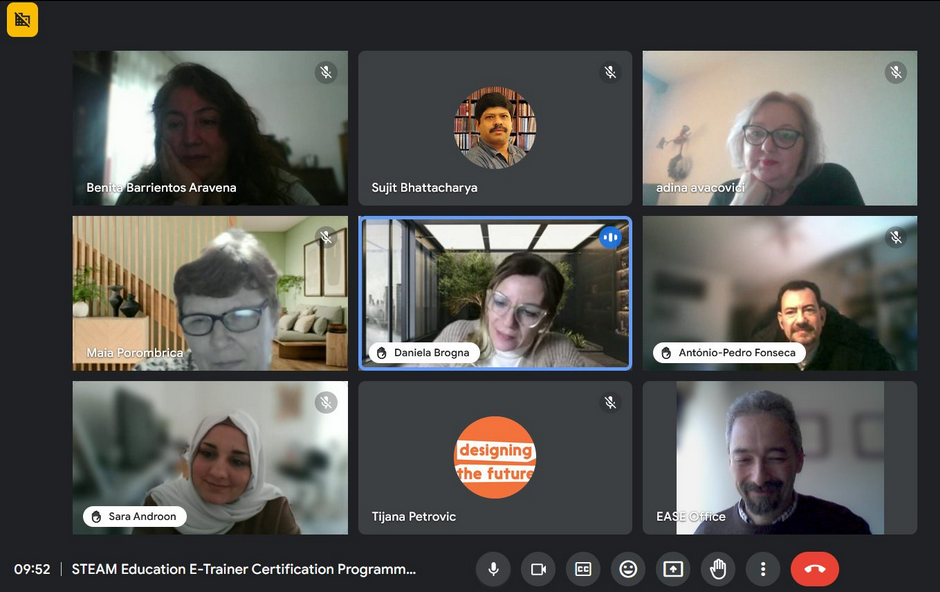
STEAM Education E-Trainer Certification Programme (3rd edition)
The STEAM Education E-Trainer Certification Programme (3rd edition) offered by EASE provides a unique opportunity for educators to enhance their skills and become certified E-Trainers in the field of STEAM education. The training, conducted via synchronous modules on Google Meet, encompasses both synchronous and autonomous work, fostering a blend of interactive learning and independent study.
After 3 years of EASE, we are reconducting a study on Science, Technology, Engineering, Arts, and Mathematics (STEAM) education in Europe and we want to hear from you. Share your thoughts, experiences, and ideas with us by filling out this form. Your input will help us better understand the current landscape of STEAM education in Europe. Let your voice be heard and collaborate with us on this important project!
Just 2 minutes, 18 questions!
Lesson Plans
AggreGate repo
Do you want to share something about STEAM Education with our community? It would be great!
Please, go to https://ease-educators.com/submit-an-article-form/ and submit your information. Thank you!
MakerSpaces 4 Education in Europe
(makerspaces, hackerspaces, fablabs, code schools, hacklabs, science clubs…)
MakerSpaces 4 Education in Europe
(makerspaces, hackerspaces, fablabs, code schools, hacklabs, science clubs…)
This map has the purpose of showing who’s performing STEAM Education in Europe.
In case you want to add your organization, click here: I want to add a Makerspace for Education
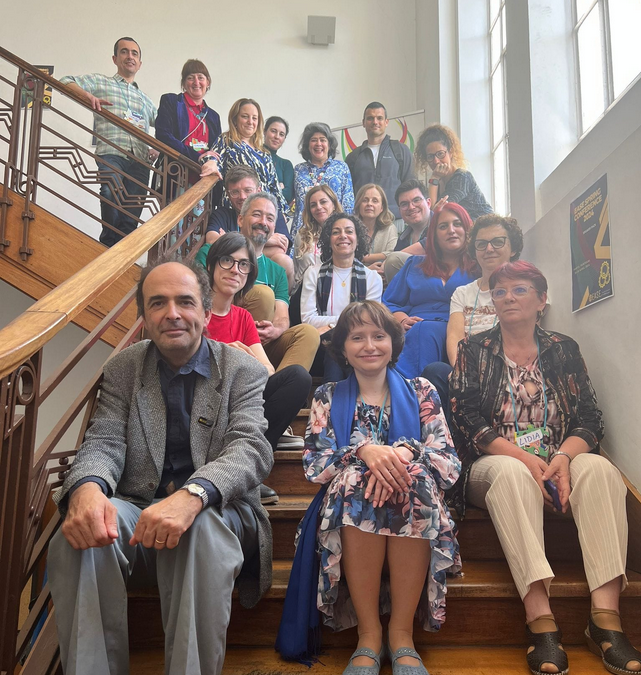
EASE – EuropeAn network of STEAM Educators – Spring Conference (Porto, 15-18 April, 2024)
EASE – EuropeAn network of STEAM Educators provides a platform for educators, researchers, policy makers and industry professionals to collaborate and share best practices in STEAM education. Collaborative efforts can lead to the development of innovative teaching methods, curriculum improvements, and educational resources…
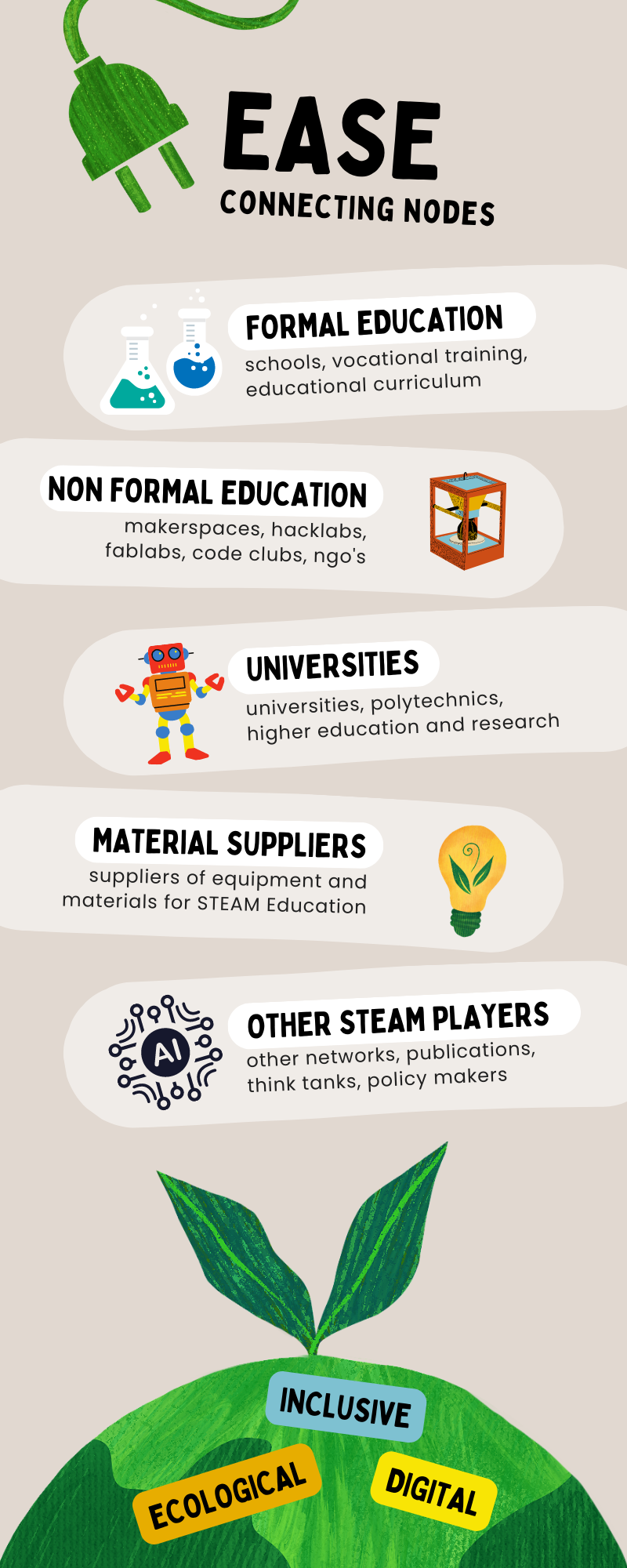
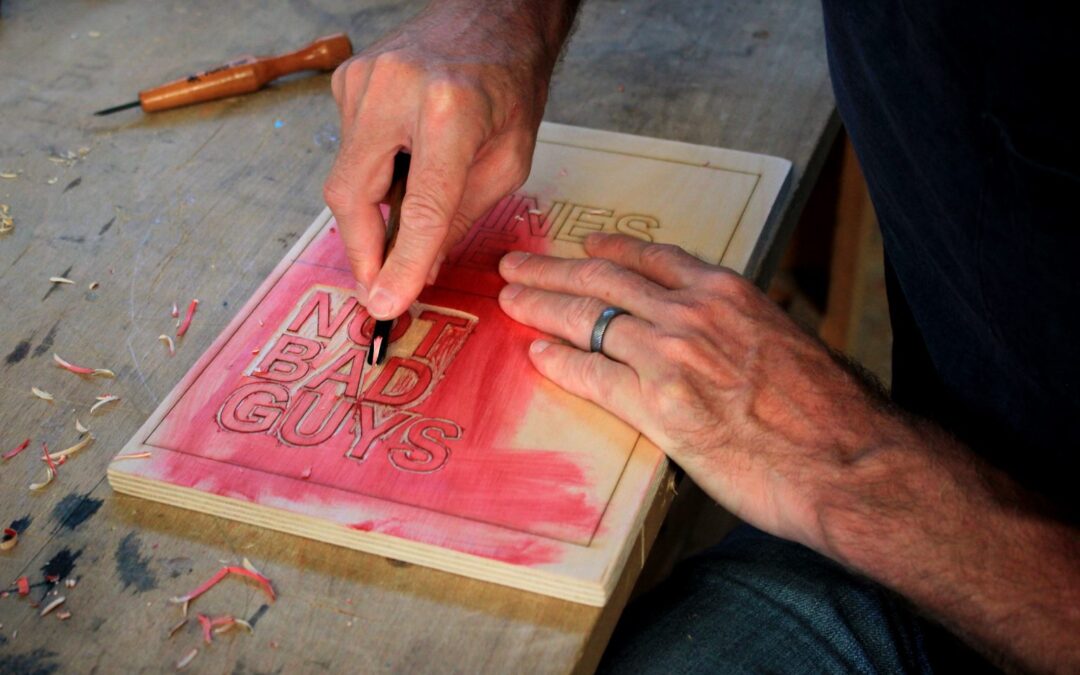
Association Ping
Today, we are giving a look at the world of PiNG, an association based in Nantes since 2004, focused on exploring the digital world collectively. PiNG is dedicated to questioning and exploring the digital world with an inclusive approach, catering to individuals of all ages.
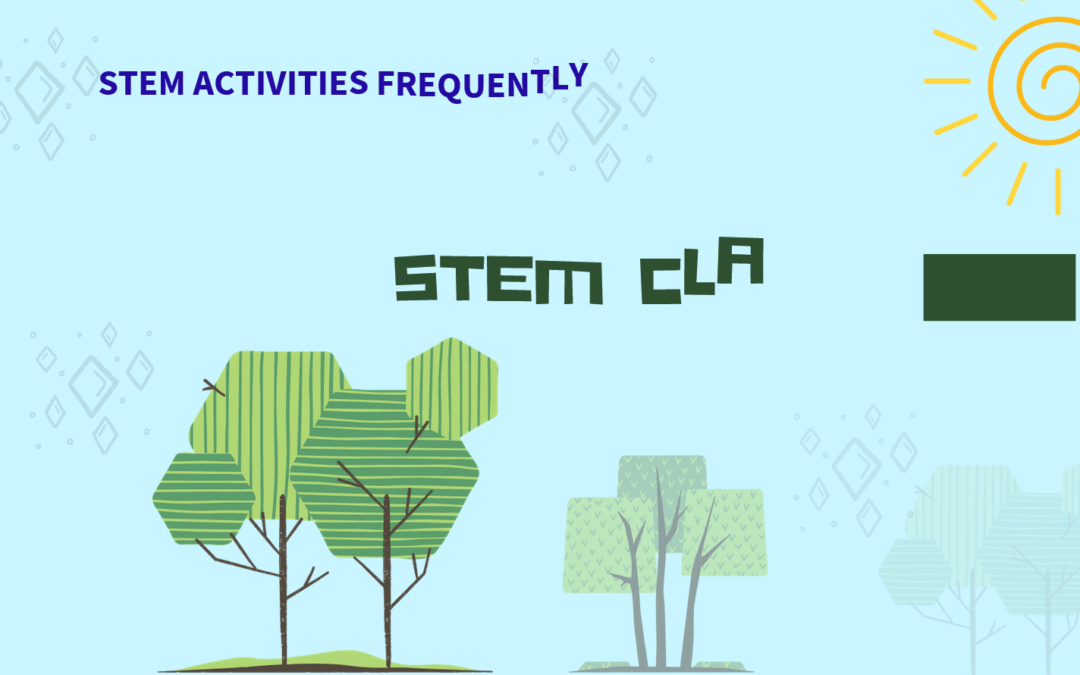
Integration of stem activities into Chemistry, Biology and ICT
STEM activities (science, technology, engineering and mathematics) play a significant role in education, contributing to the development of a complex set of skills and to the preparation of students for the challenges of the modern world.
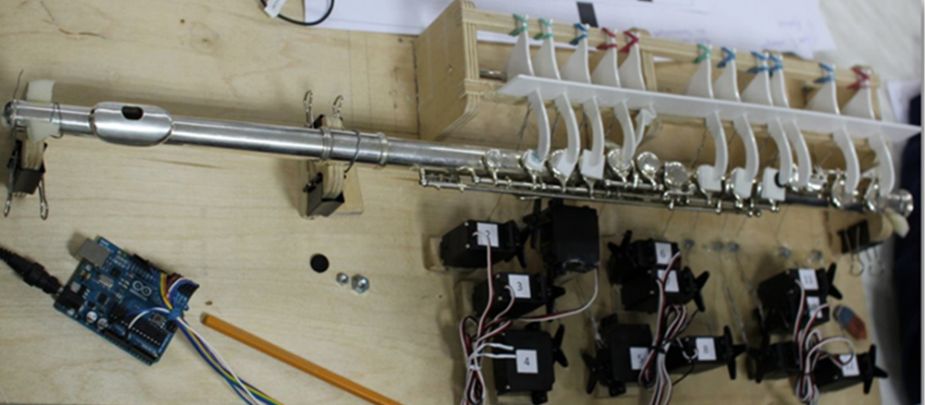
Dewey, Papert, and Freire: Theoretical Pillars for Digital Fabrication and ‘Making’ in Education
Toward the end of the 2000s, researchers and educators started to consider the use of digital fabrication in education. In 2008 Stanford University launched the FabLab@School project, and started building FabLabs in K-12 schools around the world. In 2009 the MC2STEM High School in Ohio (USA) opened its first digital fabrication lab. In 2011 the Maker Media launched the MakerSpace project with DARPA funding. In 2011 and 2012 alone countless museums, schools, community centers, and libraries announced plans to build digital fabrication and ‘making’ facilities—it became mainstream. Despite this resurgence of fabrication labs and “making” in formal and informal settings, the ideas behind this movement are at least a century old. Digital fabrication and “making” are based on three theoretical and pedagogical pillars: experiential education, constructionism, and critical pedagogy.
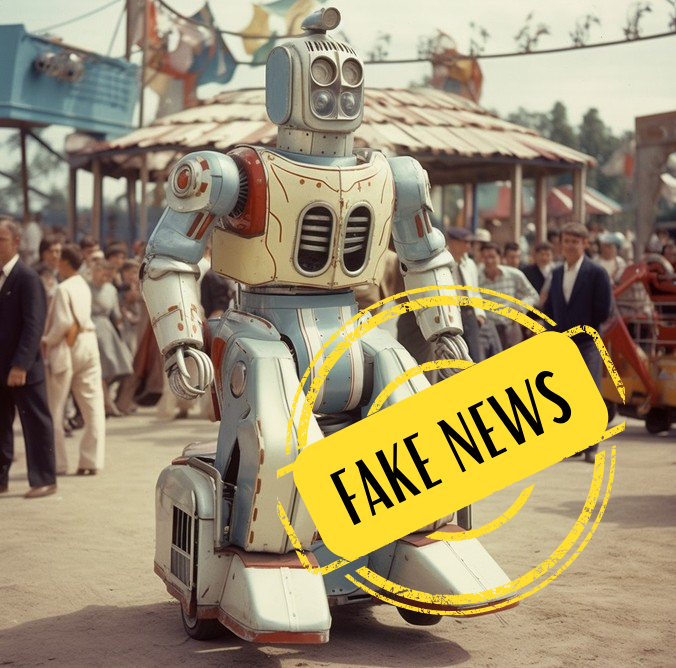
Robots take over the Carnival in Amsterdam!
In a stunning display of technological prowess, the world recently witnessed a mesmerizing parade of robots at the Carnival festival in 12/02/2024. This extraordinary event showcased the latest advancements in robotics, as various robotic marvels paraded through the streets, captivating audiences with their intricate designs and flawless performances. From humanoid robots showcasing graceful dance moves to autonomous drones soaring effortlessly through the air, this parade pushed the boundaries of innovation and left spectators in awe.
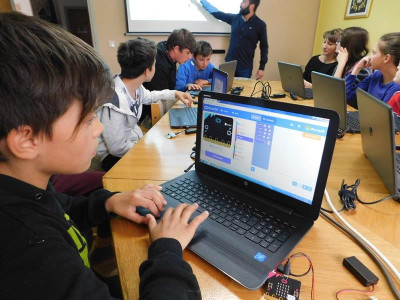
STEAM education in Primary school
STEM education was implemented to enhance competitiveness in science and technology in the United States in 2003. Through STEM, students solve various problems and become innovators, inventors, critical thinkers, and technologically literate individuals (Morrison, 2006).
Ivana Gugić, Primary Education
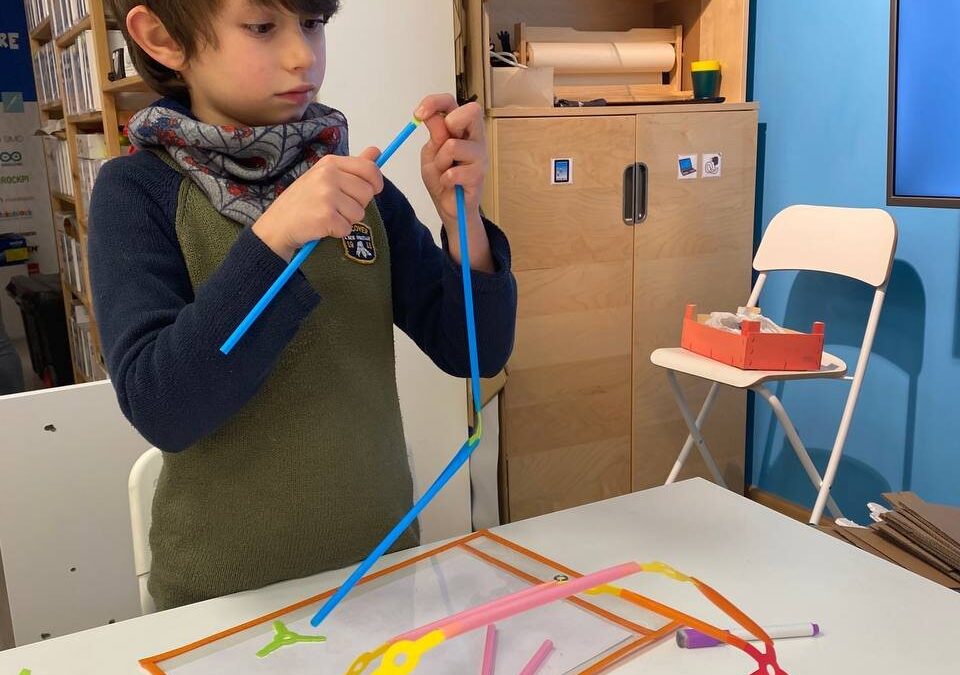
Strawbees!
Strawbees, an award-winning Swedish EdTech company, is at the forefront of revolutionizing STEAM (Science, Technology, Engineering, Arts, and Mathematics) education. Their building and coding systems, coupled with a proven hands-on methodology, are poised to transform the learning experience for students of all ages and abilities. By promoting creative confidence and problem-solving skills, Strawbees’ ecosystem of STEAM learning tools has the potential to significantly impact STEAM education.

